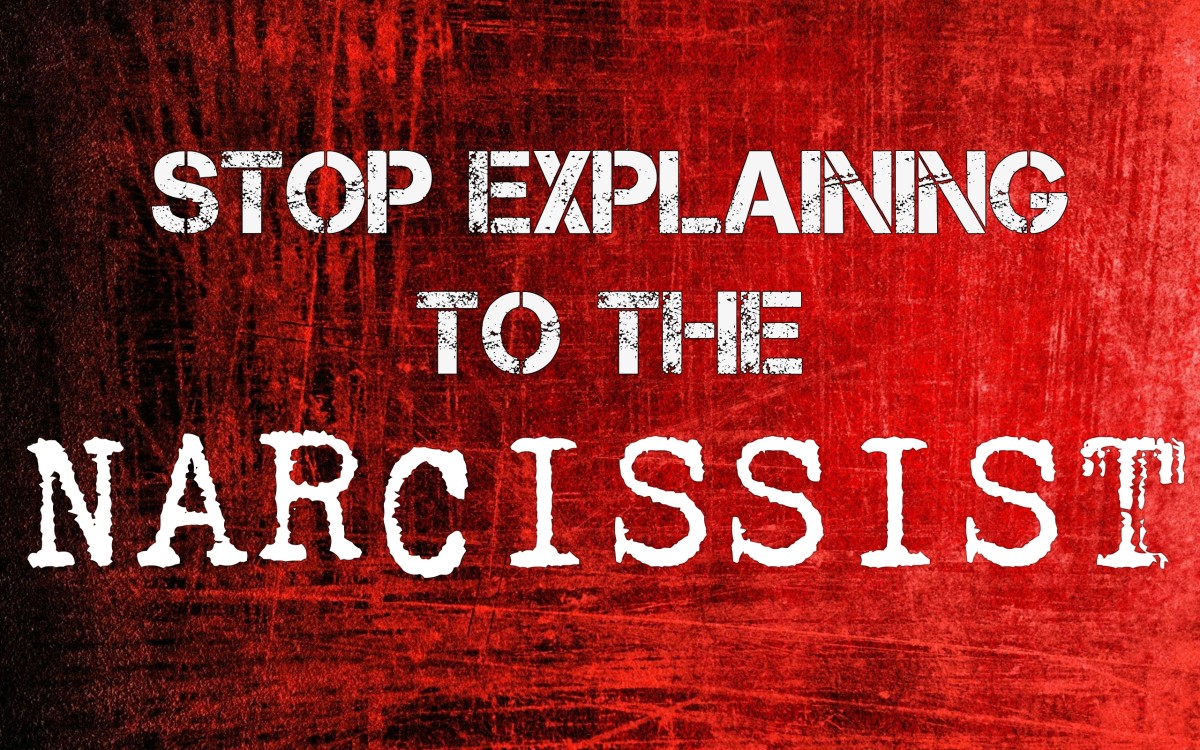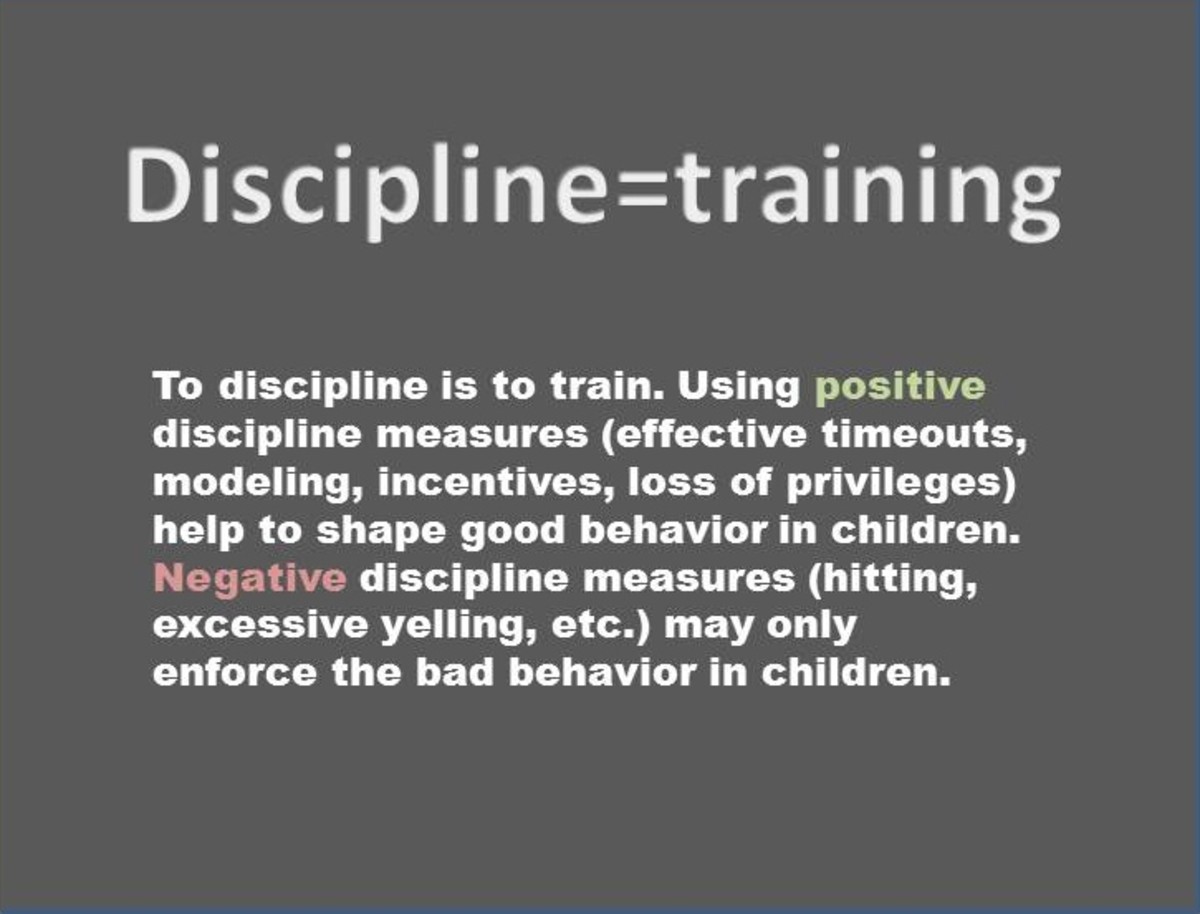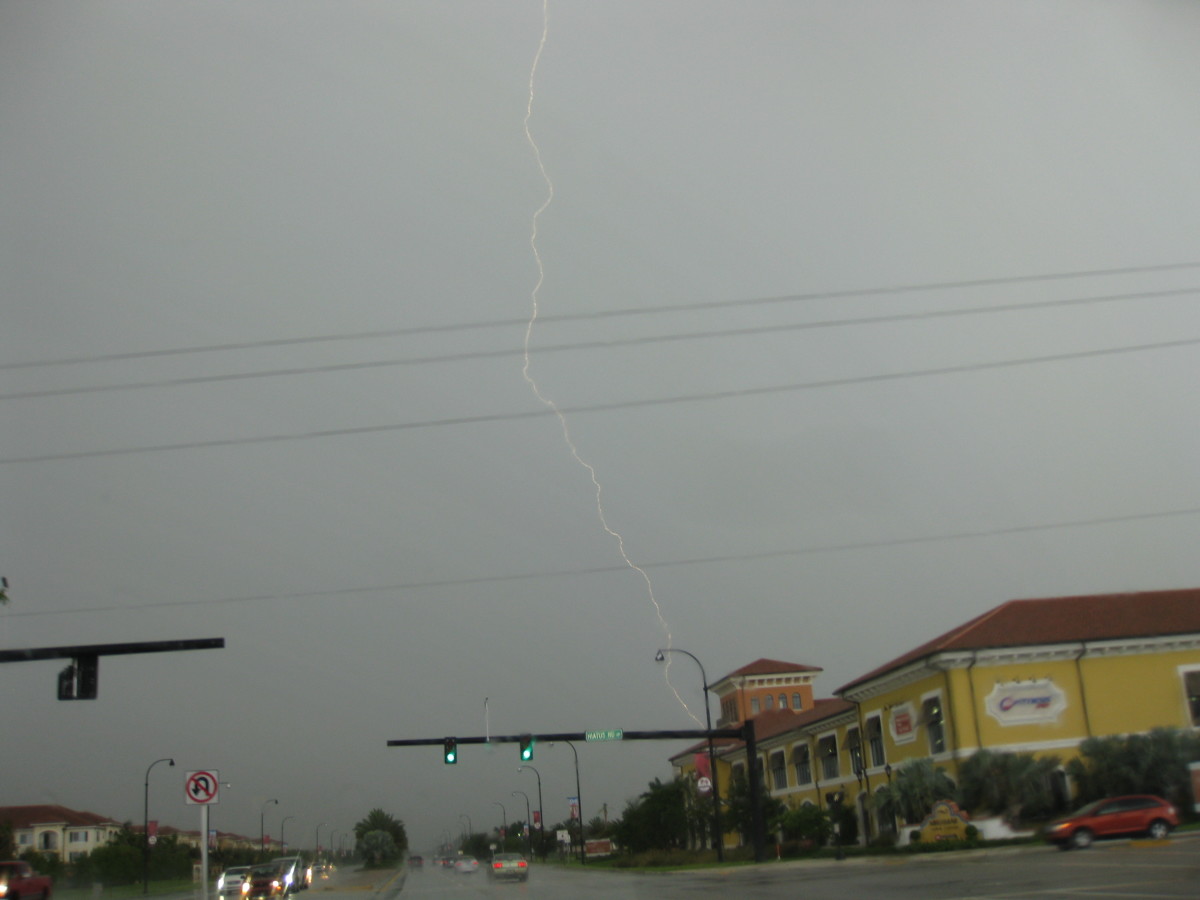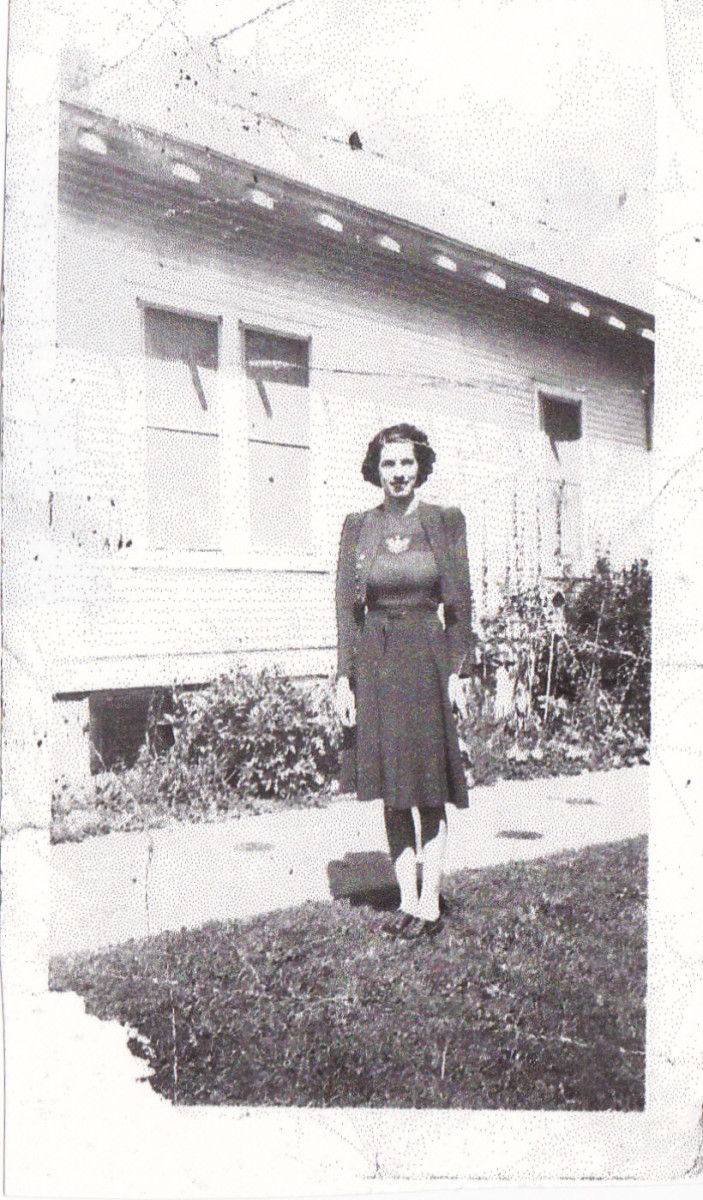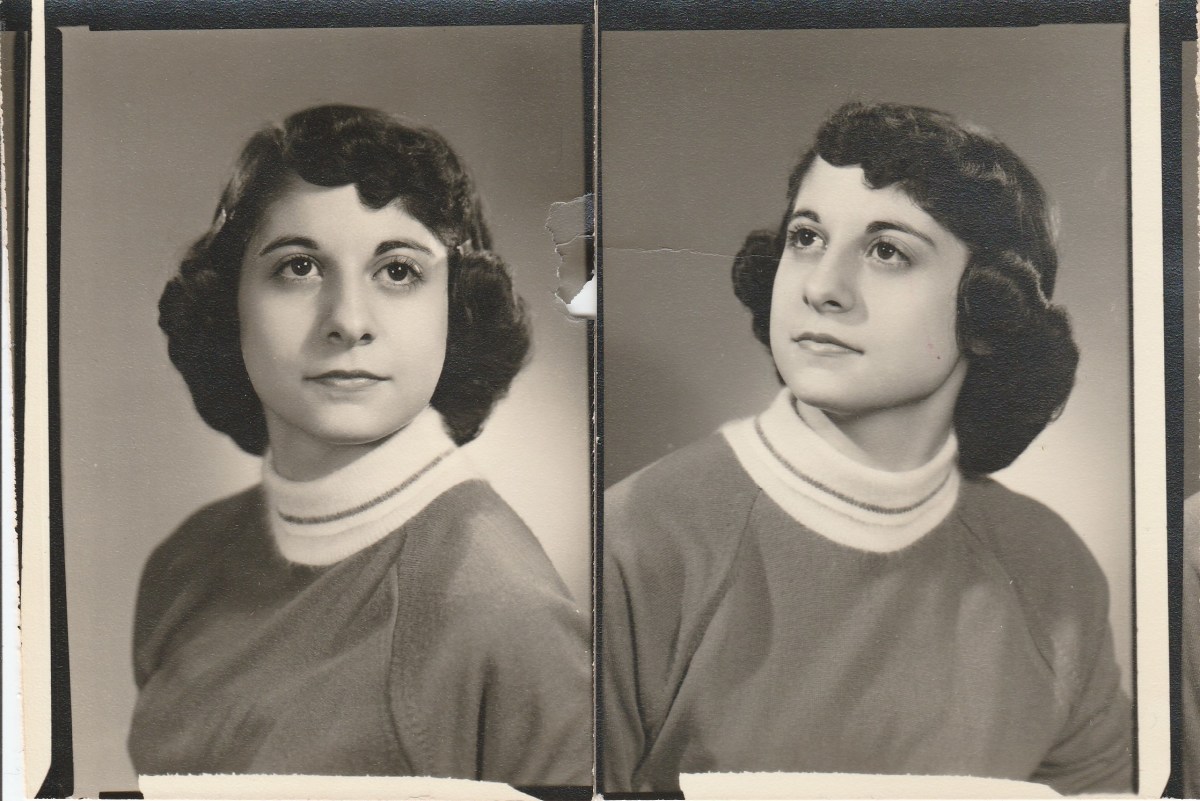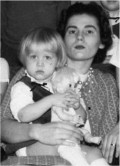How to Explain Death to a Child

Loss of a loved one is very traumatic, horrible and sad experience. Recently, I lost one of my cousins; his name is Chigoziem meaning 'God bless me'. When I received the news, I was shocked and the first thing I did was to look for my cell phone to check the last time he spoke with me over the phone. Unfortunately it has wiped out, isn't my reaction silly? But I was just looking for something to hold unto.
The truth is, you would never know how much you loved a person until you loss the person by death or separation. I did not know that I loved my cousin so much until now he is dead. For the first week, I would often wake up in the middle of the night and start thinking about his death, it was difficult. I would remember his smile, how he talks and the name he calls me. He doesn't call me by my name, he calls me by a pet name 'Nne' and 'Nne' is an Igbo language in the Eastern part of Nigeria and it means Mother, just like calling someone 'Mama'. I will miss that, though my elder brother calls me that too but I will really miss my cousin, he has a loveable personality, I will hold unto the memories of the times I spent with him in the past.
Apparently, while I was mourning his death, I was wondering how his wife who gave birth to their second child last year would explain to the two children the death of their father. I was disturbed because I know the feeling of growing up without a father or without having someone you could call 'Father' it was very difficult and it's a horrible experience. Then I remembered how my mother explained to me the death of my father, however, she got it wrong in some ways and that prompted me to write this hub.
The death of a loved one is very difficult to endure. Often you would wish it was a dream so you could just wake up, wiped your face and say 'oh thank God it was just a dream' but unfortunately it is a reality.
Basically, adults feel the emotional and psychological trauma more than kids. That is why, while you are crying your eyes out they would be bugging you annoyingly to give them food to eat, or they could go out to play with their friends. Children mourn in a different way though; therefore in your anger over your loss, there are things you should not say to a child.
According to a report, Children are not developmentally ready to understand death in the same way adults do. As their understanding deepens over time, the lens through which they view death changes too. Children between the ages of 3 - 5, tend to view death as temporary and reversible, from ages of 8 and 9 Children in this category knows that death is irreversible but they believe it can only happen to others and can't happen to them. But from the ages of 9 - 11, they come to realize that death is irreversible, inescapable and can happen to anyone.
Abigail McNamee, PhD, EdD, chair of the Department of Early Childhood Education at City University of New York says that each child is unique and that parents should consider the following questions: "How many experiences has your child had with death? How have you talked with him/her about death? What's been seen on television?" McNamee tells WebMD that all these things will influence your child's ability to understand and accept death.
The loss of a spouse is horrible and while you are mourning, another problem is how to explain to your child what really happened. Explaining death to a child of 4 -9 years old could be very enormous because you wouldn't know how to start or even what to say to them. Continue reading to find out how to explain to him/her the death his/her father or mother.
* You would never see your father or mother again: When you say such words to a child, he/she would be very sad especially if he/she is close the dead parent. Wherever the child may be, it would be rigging in his/her little mind, 'you will never see your Dad or Mom again.
How to explain death to a child
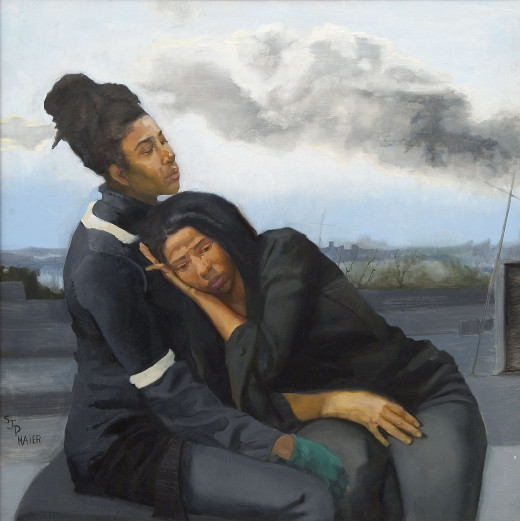
It would also results to depression and you would not like that for your child because Children do not know how to handle depression and anything that could make them depressed should be avoided.
* Avoid harsh words: Don’t be harsh on them, try as much as you could to control your emotions to avoid lashing your anger on them. Children's tiny mind is as innocent as their faces. They would ask you questions and most of the questions could sound silly but they would demand an answer from you whether you are in the mood to answer them or not. Don't use words such as 'don't you get it? Your father is no more' that is very harsh for a child to take.
* Your Father or Mother has pass away: Don't just stop at telling a child that his/her parent has pass away except if you have enough time at that moment, I mean plenty time to explain to them. McNamee said that parent tend to use euphemisms such as "passed away" or 'went to sleep' to describe death. Words like these may end up creating confusion or even extreme fear about going to bed at night. If you tell a child that his/her has pass away, you should expect questions like; ‘where exactly did he go? And when is he/she coming back? And I am sure at the early stage of mourning it could be hard on you to start explaining or answering such questions.
* He is now a spirit/ghost and cannot come back: This is another terrible way of explaining death to a child. Remember Children doesn't like ghost, and telling them about ghost will create fear in their mind. They would be having nightmares. And the fear in his/her mind would make him/her avoid darkness a lot as a result of fear of the ghost. The child would be scared to touch the belongings of his/her late parent. The love the child has for him/her would turn to fear and he/she would become very conscious on how to avoid seeing the ghost. Him/her could also be afraid that his/her late parent might come back to take him/her away.
* He/she has left us: Don't tell a child that his/her father or mother has left. They would interpret it in a wrong way. Don't forget that they have been hearing people saying 'my husband just left us to marry another woman and vice versa. He/she would end up resenting his/her father or mother as the case may be. You have just painted a bad image of your husband to your child; he/she could think his father is a cruel and wicked man. And he would be like 'how could he have left us is such a manner without saying goodbye or explaining things to us' any sensitive Child would not want to hear the name of his/her Dad. The memory he would grow with about his/her Dad would be of a father who abandoned his family when they needed him the most.
Do not lie to a Child: lying to a Child about the death his/her parent could be the worst thing to do because eventually he/she will find out somehow that could awful to him/her.
I was seven (7) months old when my Day died, after a long battle with Tuberculosis which eventually killed him. Obviously, I didn't know anything then. But I remember vividly the day I asked my Mum where my Dad was because I have observed other families around my neighborhood, they have their Father and Mother living together and I have my Mum and my siblings and I thought to myself where could my Dad have gone to that he can't even come back home. Finally I asked my Mum, Mama where is my Father? She was taken aback by my question, followed by silent; I noticed that her countenance changed which made me uncomfortable. She quietly beckoned me to a sit and I sat down facing her, I was already regretting asking her because I didn't know that my question would make her sad. But surprisingly, she said 'your father travelled to far away country.' I was just four(4) years old then and I think she must have thought if I explain to her that her father is dead she would not understand what death is all about, so she simply told me frantically 'your father travelled'. I innocently accepted her answer but unfortunately for her I keep on bugging her about when he would be coming back and that is because she failed to me the truth.
The Right Ways to Explaining death to a Child
Religion: It is believed that every family or individual belong to a particular faith/believe. During the time of loss, your only savior could be to rely on the teachings which he/she has being receiving based on your family believe. In Christianity, we were informed that when a person dies, his/her body stops working or to function, he/she won't talk, hear, see nor walk. But his/her spirit would return to the lord.
The family believes should be the foundation for your Child which could help the Child understand certain things like death through the teachings of your faith. The Bible is the standard of Christianity which is also known as Manual of life and the Bible says 'train up a child in the way he/she should go and when he/she is old he will not depart from it Proverbs 22:6. I am not preaching here but the Bible is clear on that, the foundation you built for your child is what he/she would grow up with though some children may deviate from such believes when he/she becomes an adult.
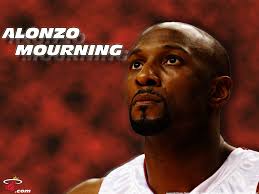
Explain to your child that his/her father has gone to be with the lord, and we are going to see him again on the last day. Apparently the child already knows the teaching about death and what happens when someone dies and I am talking about Children from the ages of 4 - 9 years of age. Therefore, had underground knowledge of death, he/she would be hopeful of meeting his/her father again according to the Bible teachings. And when your child goes outside and his friends ask him, where his/her father is, he/she would be happy and proud to inform them that he is with the lord and the Angels. That is the beauties of letting children have pre-knowledge of some serious issues of life which isn’t that comforting? Of course it is, and that is the comfort which Christians have, if a Christina die, he/she has gone back to his/her Maker (God) in Heaven.
- Compromise: The loss of a spouse is a big and horrible bow to any woman and nobody would blame her if she losses her mind while mourning her husband/wife. But people would always tell you to consider your little children who have little or no idea of your predicament. They are also grieving but in a different way. While you are crying, he/she might come and ask you "where is my ball? I wana play with my ball" but while running around playing he/she would be wondering why his Mum is crying and where exactly did Daddy go, he should have come and find out what happened to Mummy. He/she is worried but he can't help it, he has to play and that is Children for you. You should mourn but at the moment you are with them try to be strong for them but if can't don't fell weak or ashamed crying in their presence it would also explain to them that crying is a way of mourning the dead.
_ Explain the Event that lead to his death: When my Mum became tired of my constantly questioning of when my father would return home. So one day she sat me down and said 'what happened was that, your father took ill and was very sick that his body became very weak too. The doctors tried to make him feel better but it was really serious that his body stopped functioning, I mean his heart stopped beating and there is nothing the doctors could do to save him. And since he can no longer talk, hear, walk nor do anything at all, his body was buried in the ground. I accepted her explanation but the only question I asked was "which place did they bury him?" she then took me to my father's grave and we stood at my father's grave for a while before we left. And that settles the whole issue, I was not afraid or sad, I just take it knowing that after all he is not coming back again. So you can as well explain to your child what happened, if his/her body was burnt/cremated, show them evidence of it, the child would relaxed and free from any further fear because they know the truth.
Explain to them that it is okay to cry if he/she misses him, your child's reaction might be different from mine when my Mum eventually told me the truth of what happened to my father. Try as much as you could to answer the questions the child would ask you and it is okay to say you don't know the answer to any question you find quite hard to answer instead of lying to him/her.
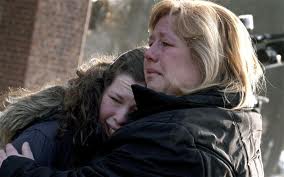
Be Creative: Explaining things to Children can be quite difficult and so you have to be creative before they could understand. Children like stories and pictures. Now you have to tell them some Children' stories which involves death, that would help them to understand somehow. There are lots of books and movies which can be helpful in explaining death to Children. Read it aloud to them or let them read it themselves.
Some books explained death in a simple and less scary way according to their level of understanding. Books like; 'The Fall of Freddie the leaf' by Dr Buscaglia which talked about Freddie the leaf which after everything fell off to the ground signifying death in a leafy way of existence. It could be a good book to explaining death to children between the ages of 4 - 9 years old. Others are: 'When Dinosaurs Die' by Lurie Krasny Brown, 'Explaining Death to Children' by Dr. Earl A. Grollman and 'City dog, Country frog written by Mo Willemis and Jon J. Muth. Dr. Earl A. Grollman in his book suggested that Explaining death to Children may be made more comprehensible by explaining it in terms of the absence of familiar life functions - when people die they do not breathe, eat, talk, think, or feel any more; when dogs die they do not bark or run anymore; dead flowers do not grow or bloom any more.
There are Movies as well which can help young children when they watch them and they won't ask you many questions. Children understand things quickly when you use lots of pictures and objects in explaining anything to them. A great movie Ponette with Jacques Doilon, which can be ordered online (Amazon). Its about a young girl who lost her mother in a car crash in which the little girl survived but her Mom did not.
_ Finally, Don't hide your spouse belongings: Adults tends to avoid their spouse items or belongings like pictures, Clothes or anything that could remind them of him/her. But to Children reverse is the case when Children are mourning, they would like to hold onto the belongings of their father or mother as the case may be because it helps relief the pain of their loss. After the day my mother explained the death of my
Explaining Death to a child

father to me, she showed me the Scan result which was showing my father's ribs. Almost every day I would place the scan result on my chest as if I was hugging him or sort of. Also my Dad has this Engineering cap which Engineers wears whenever they are at the site, I would wear the plastic cap type and play around with it and it makes me feel better, happy and closer to my father you know, it might sound wild but that was my experience.
At times my Mum would watch me play around with my father's cap and all that and she couldn't help laughing. Your child could be your source of joy and strength in your mourning moment especially when you carry them along. And remember don't hide anything from them and support each other during your trying moments. There a times when my Mum would be emotionally down and when I notice I would come to her and tell her things like 'Mum don't worry, though Dad is not here again I will buy this or that' without even knowing what is troubling her but after hearing my funny promises she would laughed, you know Children hates seeing adults being sad, a good and sensitive Child would always want to make you happy because Children likes happy environment.
I believe one or two of the listed ways of explaining death to a child would help you now or in the future to explaining death to a child.
Reference:
Annie Stuart WebMD feature - www.webmd.com

